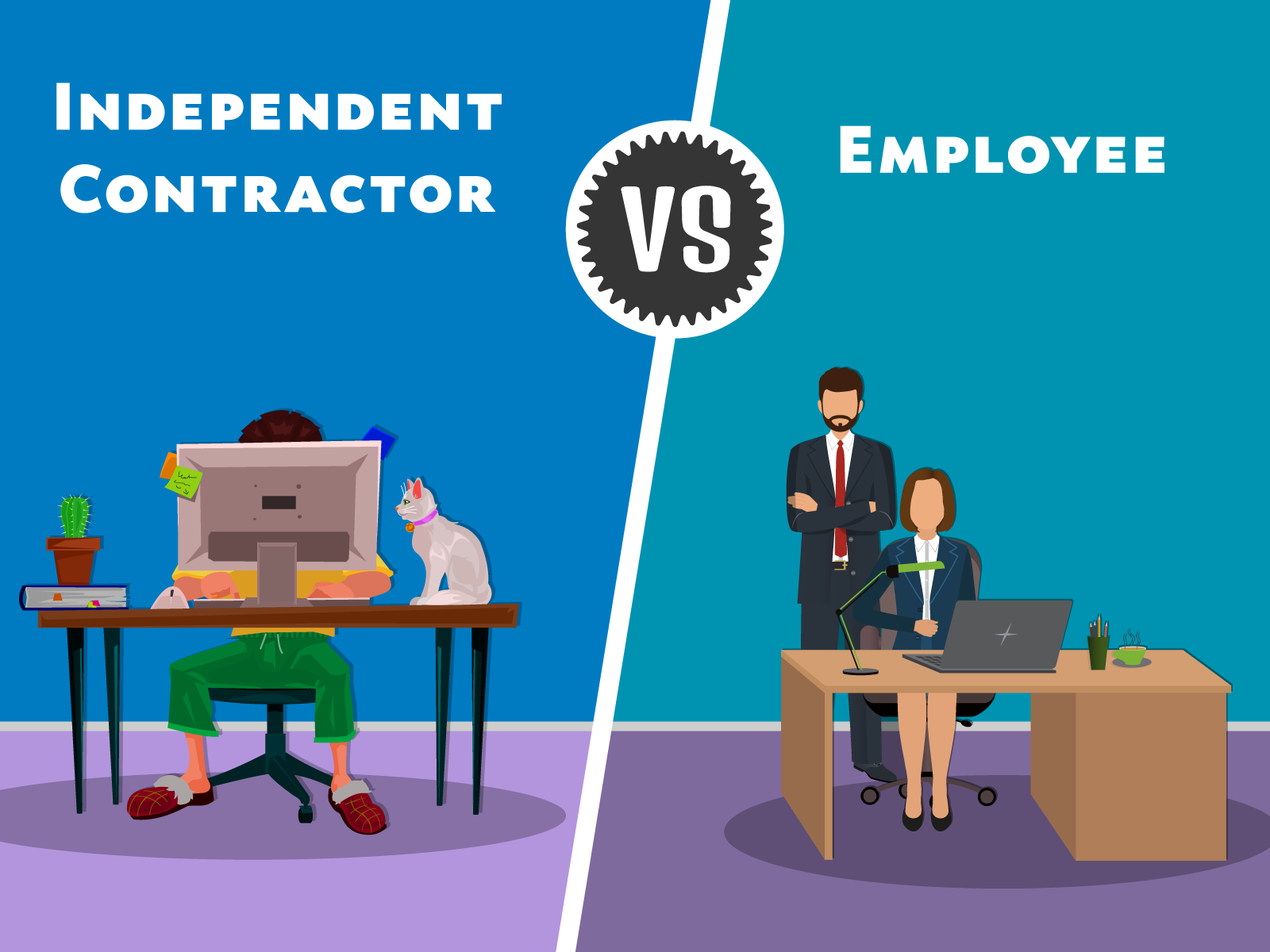The U.S. Department of Labor is withdrawing the “Independent Contractor” rule, nullifying a decision instituted by the Trump administration that would have made it easier for businesses to classify workers as independent contractors instead of as employees.
 The Trump era”™s final rule, released in January, had been set to take effect on May 7. It was designed to clarify whether a business was required to pay so-called “gig workers” minimum wage and/or overtime, among other provisions.
The Trump era”™s final rule, released in January, had been set to take effect on May 7. It was designed to clarify whether a business was required to pay so-called “gig workers” minimum wage and/or overtime, among other provisions.
The previous ruling revolved around the Fair Labor Standards Act (FLSA), which among other items requires qualifying employers to pay employees at least the federal minimum wage for every hour they work and overtime compensation at not less than 1½ their regular rate of pay for every hour they work over 40 in a given week. FLSA protections do not apply to independent contractors.
In a press release, the Labor Department said it was withdrawing the rule for several reasons, including:
- The independent contractor rule was “in tension” with the FLSA”™s text and purpose, as well as relevant judicial precedent.
- The rule”™s prioritization of two “core factors” for determining employee status under the FLSA would have undermined the longstanding balancing approach of the economic realities test and court decisions requiring a review of the totality of the circumstances related to the employment relationship.
- The rule would have narrowed the facts and considerations comprising the analysis of whether a worker is an employee or an independent contractor, resulting in workers losing FLSA protections.
“By withdrawing the Independent Contractor rule, we will help preserve essential worker rights and stop the erosion of worker protections that would have occurred had the rule gone into effect,” U.S. Secretary of Labor Marty Walsh said.
“Legitimate business owners play an important role in our economy but, too often, workers lose important wage and related protections when employers misclassify them as independent contractors.
“We remain committed to ensuring that employees are recognized clearly and correctly when they are, in fact, employees so that they receive the protections the Fair Labor Standards Act provides,” Walsh said.
The Labor Department said it anticipates that the rule”™s withdrawal will avoid a reduction in workers”™ access to employer-provided fringe benefits, including health insurance and retirement plans, unemployment insurance and workers”™ compensation coverage.




















